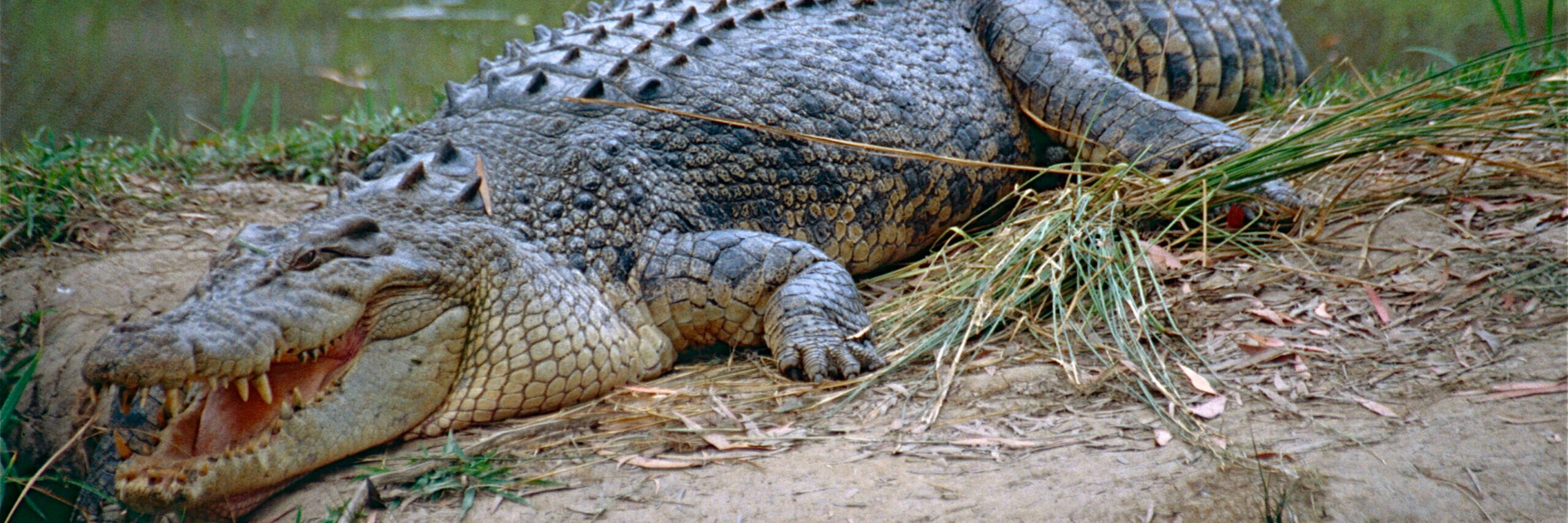Unintentionally feeding a crocodile becomes a fineable offence in Queensland. Image source: Bernard DuPont, via Wikimedia Commons
Unintentional crocodile feeding is now a punishable offence, according to new Queensland laws.
Unintentional feeding is defined by the new reforms as discarding food in ways that attract crocodiles to public locations. This could include leaving behind fish frames or bait at a jetty, or by leaving food scraps in a camping area.
People who breach this rule could be given a fine of $483 on the spot, with maximum penalties reaching $6,452.
Queensland’s Environmental Minister Leanne Linard stated that improper discarding of scraps made it “real easy for the croc to find food”, stating that they “become habituated, they expect it, they hang around places like a boat ramp or a jetty or a pontoon”.
“What the rangers tell me … is that if they’re then not fed, and there’s some sort of contact with a human, they can become more aggressive expecting to be fed.
“We don’t want to see that sort of behaviour. We don’t want to see crocs loitering around public places.”
The Queensland government is also cracking down on offences such as deliberately feeding crocodiles, disturbing crocodiles, or interfering with crocodile traps, increasing the fines for these acts to above $25,000.
It will also be an offence to knowingly stay close to a crocodile on land, with an immediate fine of $806 and a maximum court-imposed penalty of $16,130.
“One thing that is always put to me across the community is that people really feel that taking a risk with these sorts of animals and crocs endangers others,” said Linard.
New regulations to deter dangerous behaviour around crocodiles are also being considered in other parts of Australia, such as the Northern Territory’s Kakadu National Park.
Community conservation groups are supportive of the Queensland government’s decision, though some lobbyists claim that the new reforms don’t go far enough.
“It’s not everything that we had suggested and what we feel was needed,” said Amanda French, local conservationist, “but it’s a step in the right direction”.
Other reforms suggested by conservationists such as Ms French involved treating dangerous behaviour around crocodiles as an aggravated offence, if the individual offender shared their actions on social media platforms.
The reforms will also grant conservation officers the power to move people on to avoid dangerous interactions with crocodiles.





